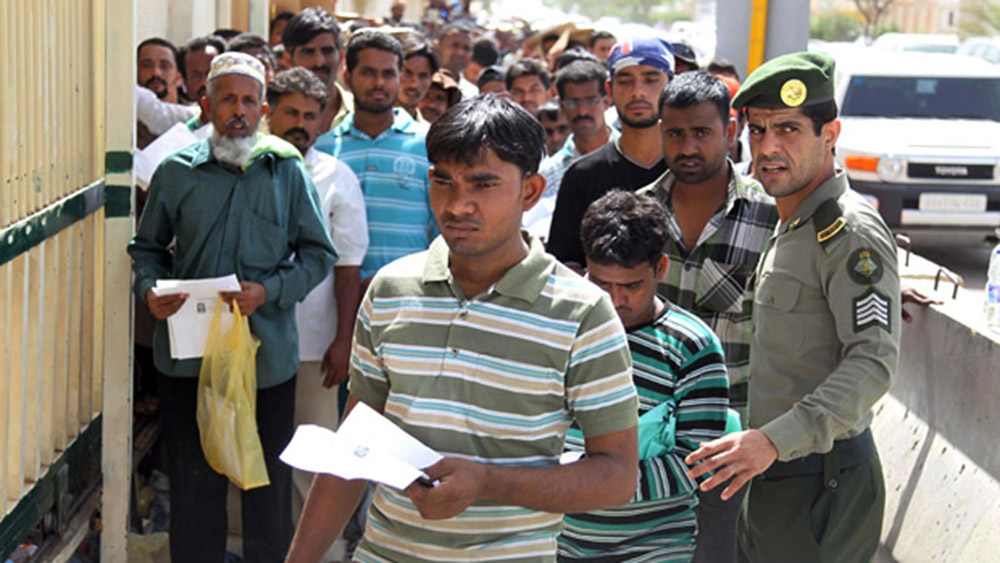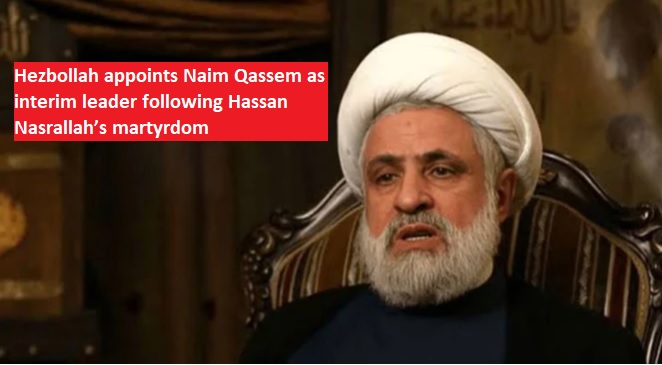In the past 24 hours, 258 Pakistanis have been deported from seven countries, including Saudi Arabia, the UAE, and China. Among those deported, 14 held Pakistani passports, while the remaining 244 were returned on emergency travel documents.
According to immigration officials, 16 of the deportees, including one with a suspicious identity, were arrested upon arrival in Karachi, while the others were released after questioning.
Saudi Arabia accounted for the highest number of deportees, with 232 individuals returned to Pakistan. The deportation reasons included seven beggars, two individuals who had served sentences for performing Hajj without permits, four who overstayed their Umrah visas, 27 who were working without a sponsor (kafeel), 16 who exceeded their visa validity, 112 with sponsor complaints, and 63 others deported for various reasons.
From the UAE, 21 individuals were deported, including four involved in drug trafficking. Additionally, one person each was deported from China, Qatar, Indonesia, Cyprus, and Nigeria. Of those deported from the UAE and Nigeria, 16 individuals were listed on the FIA’s immigration stop list but were released after questioning.
READ MORE: NITB Issues Urgent Advisory on Wi-Fi Security Risks and Protective Measures
Immigration sources noted a marked increase in deportations over the past period.
In a separate incident, the FIA’s Immigration Cell offloaded 35 passengers at Karachi Airport for incomplete documentation or other issues. Passengers traveling to Saudi Arabia on Umrah visas were offloaded due to a lack of hotel bookings and insufficient funds. Work visa travelers were stopped for improper documentation, while those heading to the UAE on tourist visas faced similar problems. Other passengers traveling to Malaysia, Turkey, Azerbaijan, and Oman were offloaded due to missing documents, insufficient funds, or lack of proper bookings.
Authorities have emphasized the importance of passengers ensuring they have complete documentation, proper visas, bookings, and sufficient funds to avoid such issues.




